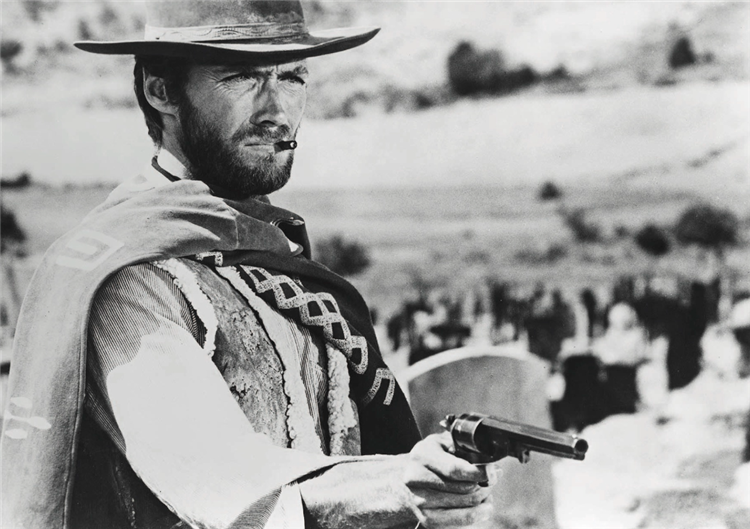During the filming of a Western movie, Clint Eastwood infamously fired his director and took his place, which consequently changed Hollywood forever.
Clint Eastwood fired his director during a Western movie’s filming — here is what happened and how his decision ultimately changed Hollywood forever. Since the beginning of his Hollywood career, Clint Eastwood has been a creative powerhouse, landing several acting and directing accolades under his belt. In his acting career, the veteran made a name for himself by building his own identity by playing minimally expressive but masculine spaghetti western characters. As a director, he has garnered fame for his unique filming styles that have helped him win two Academy Awards in the Best Director category.
However, beyond his directorial and acting endeavors, Eastwood is known for being incredibly stern about his expectations and behind-the-scenes decisions about the movies he is a part of. For instance, Tom Hanks once commented (via The Guardian) on Clint Eastwood’s direction style by saying that “he treats his actors like horses.” Long before Tom Hanks opened up about how intimidating Clint Eastwood can be during filming movies, the Western star had a major feud with a director, which significantly changed the inner workings of Hollywood.
Why Clint Eastwood Fired His Director On The Outlaw Josey Wales

The Outlaw Josey Wales is loosely based on a novel titled The Rebel Outlaw: Josey Wales, and Clint Eastwood himself paid a portion of the amount required to acquire the book’s rights. Philip Kaufman, who overlooked the movie’s script and direction, wanted it to be as close to the book as possible. He expected Eastwood to adopt everything from Wales’ mannerisms to his unique lingo in The Outlaw Josey Wales. However, even though he wanted to stay loyal to the source material’s content, Kaufman was against the author’s political takes and even called him “a crude fascist.” Later, it also turned out that the book was written by former KKK organizer Asa Earl Carter.
Owing to his discontentment, Kaufman wanted to diminish the book’s political undertones and emphasis more on other narrative elements. Eastwood, however, disagreed with the director’s approach. During The Outlaw Josey Wales’ shooting, a feud between Kaufman and East started brewing because of their difference of opinion towards the film’s direction and story adaptation. As per reports (via Clint: The Life and Legend of Clint Eastwood by Patrick McGilligan), Eastwood also cast Sondra Locke against Kaufman’s wishes, and Kaufman was even jealous of the romantic developments between Eastwood and Locke. When this conflict reached its boiling point, Eastwood took over as the actor and director for the film and asked producer Bob Daley to fire Philip Kaufman.
The Eastwood Rule: How Clint Eastwood Replacing His Director Changed Hollywood

Since Philip Kaufman had invested a significant chunk of his time in The Outlaw Josey Wales, the Directors Guild of America grew furious about his sudden expulsion. When Warner Bros. and Clint Eastwood refused to backpedal their decision, the DGA imposed a $60,000 fine on them. To ensure this never happens again, the DGA also implemented “the Eastwood Rule,” which prohibits an actor or a producer from firing their director and then personally taking his seat in a film. Although Clint Eastwood later completed The Outlaw Josey Wales’s direction and earned rave reviews from viewers and critics, his behind-the-scenes dispute with Philip Kaufman changed Hollywood forever.
